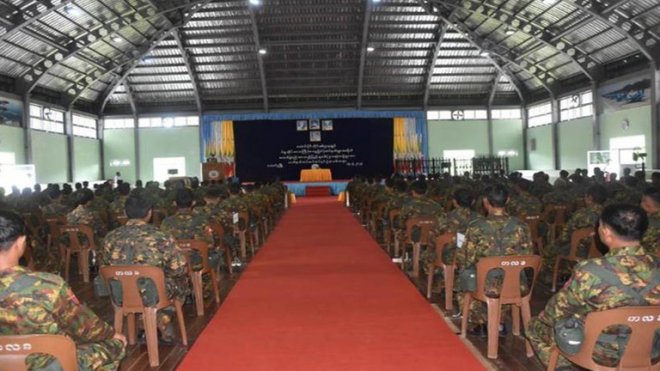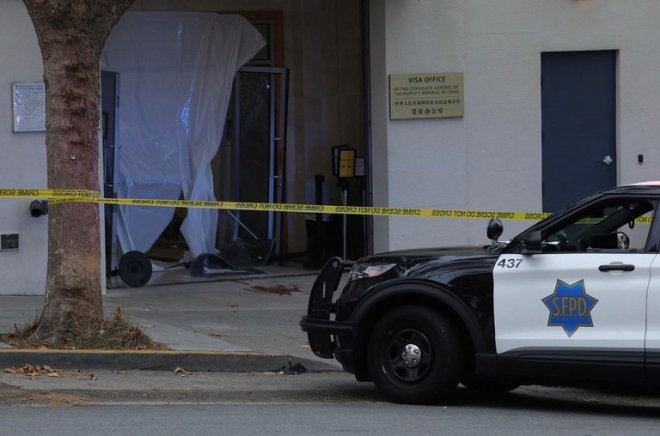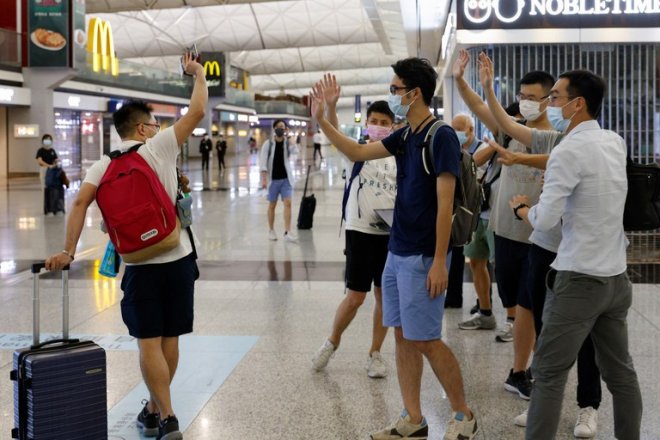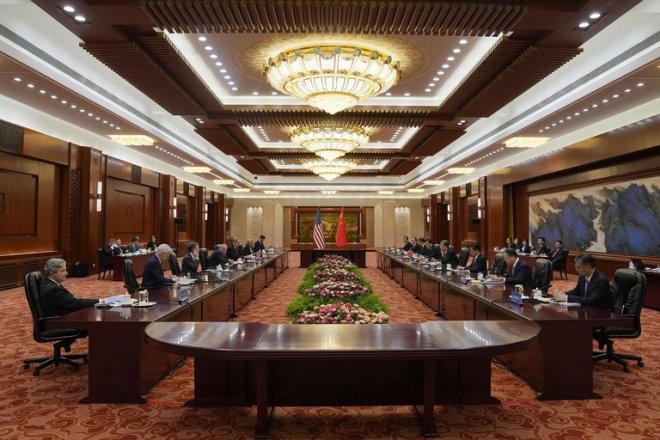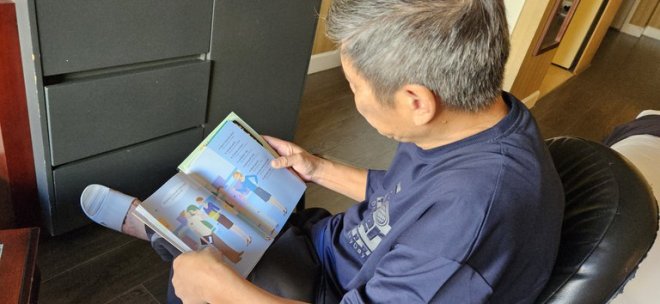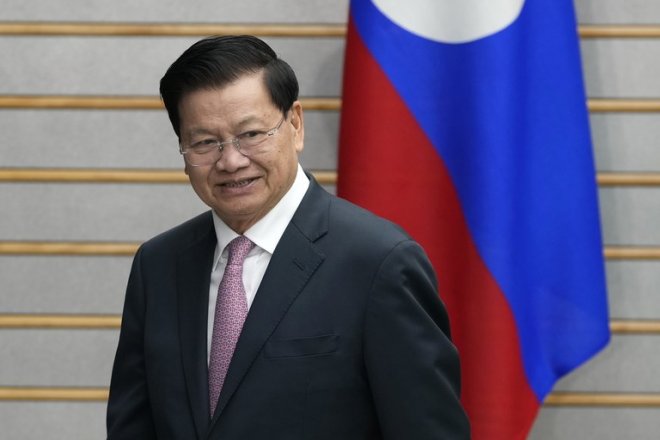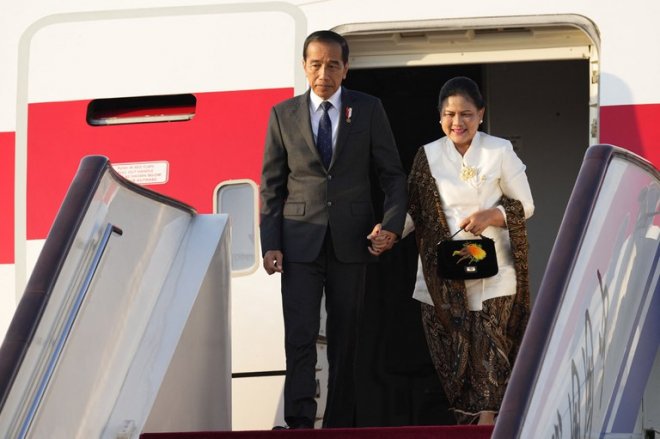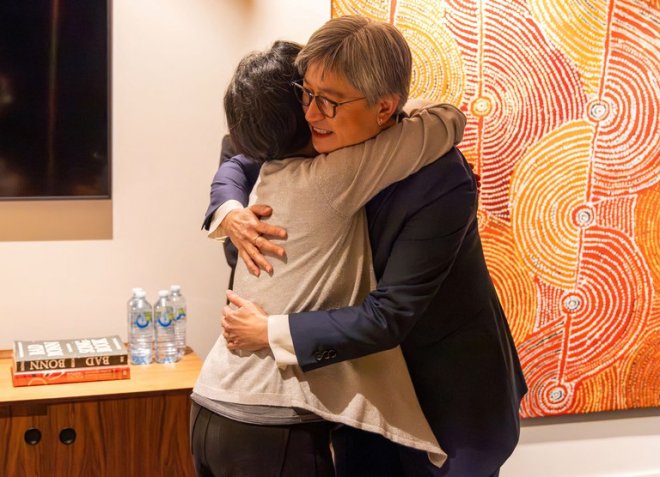A U.N. working group of independent human rights experts has called on Vietnam to immediately release a detained climate activist serving a five-year prison term for tax evasion, saying he had been arrested arbitrarily and tried unfairly.
Lawyer and environmentalist Dang Dinh Bach, 44, who had campaigned to reduce Vietnam’s reliance on coal was arrested June 2021 and then sentenced to five years in jail.
Bach was director of the Law and Policy of Sustainable Development Research Center, which works with communities affected by development, poor industrial practices and environmental degradation to help them understand and enforce their rights.
Authorities accused him of not paying taxes for sponsorships his organization received from foreign donors. He is one of four Vietnamese environmental activists sentenced for tax evasion—a charge that rights groups say is politically motivated. The others were Nguy Thi Khanh, Mai Phan Loi and Bach Hung Duong.
The Working Group on Arbitrary Detention said Bach’s trial did not follow international standards of a fair trial and violated many fundamental rights stipulated in the International Covenant on Civil and Political Rights and the Universal Declaration of Human Rights.
Hunger strike planned
Bach’s wife, Tran Phuong Thao, who is also a human rights activist, told Radio Free Asia on Monday that her husband has continued his fight for justice in jail by eating only one meal a day since March 17.
He will go on a full-blown prison hunger strike as of June 24, on the second anniversary of his arrest, she said.
Though Bach has complained about what he says is his wrongful conviction and lodged a petition with a Hanoi court, authorities are pressuring his family to pay off 1.3 billion dong, or about US$55,300, for the tax he allegedly failed to pay, Thao said.
Besides freezing Bach’s four bank accounts, authorities also threatened to seize their home, she added.
The U.N. working group also called on the government to give Bach satisfactory compensation and allow the group to visit Vietnam since its last visit was in 1994.
“The Working Group considers that, taking into account all the circumstances of the case, the appropriate remedy would be to release Mr. Bach immediately and accord him an enforceable right to compensation and other reparations, in accordance with international law,” it said in a 16-page opinion dated May 11 and released late last week.
On Nov. 30, 2022, the working group asked Hanoi to provide detailed information about Bach’s situation, but the Vietnamese government did not provide a response by the February 2023 deadline.
The International Coalition of Climate Justice and Human Rights Organizations will hold a peaceful relay hunger strike — a form of protest in which a number of persons go without food by turns — on May 24–June 24 in support of the call to release Bach.
Participating activist organizations, including members of the Global Network of Movement Lawyers to which Bach’s group was a part of before it was forced to shut down, pledged to join the campaign. They hope the strike will pressure Hanoi to review Bach’s case and that he will not have to go on his own hunger strike.
“It’s crucial for human rights lawyers and environmental defenders to stand up worldwide for our colleague in Vietnam,” said Meena Jagannath, director of global programs and coordinator of the Global Network of Movement Lawyers at Movement Law Lab. “This kind of solidarity is vitally important for the future of the region and the planet.”
Translated by Anna Vu for RFA Vietnamese. Edited by Roseanne Gerin and Malcolm Foster.












